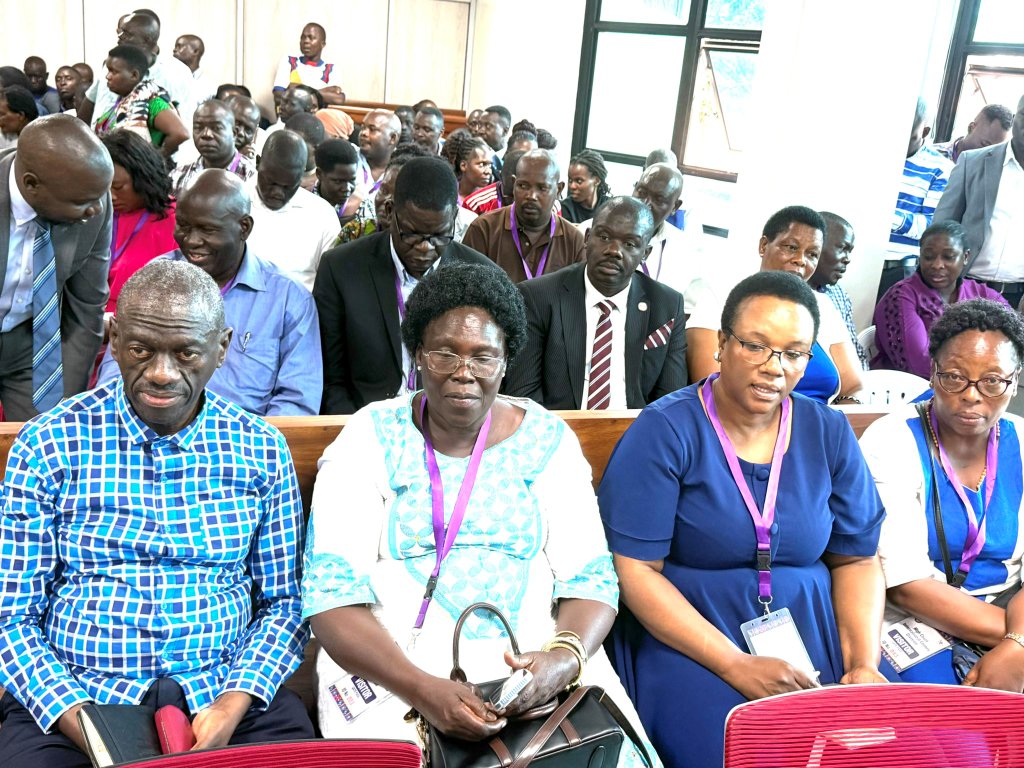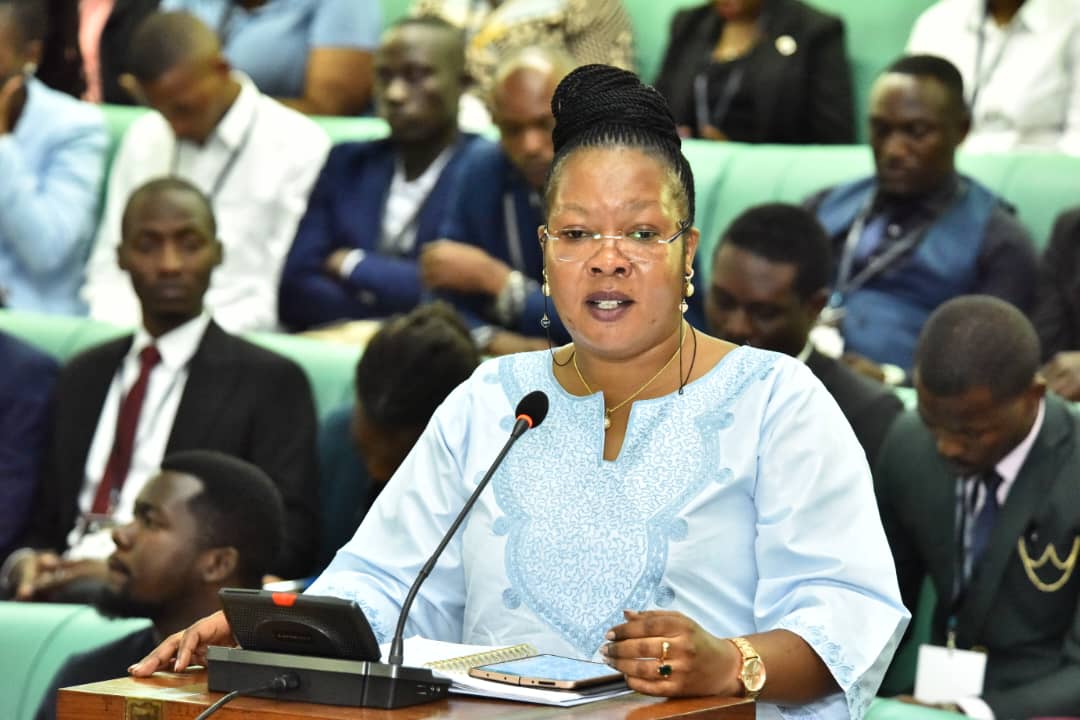(Kampala) – Uganda’s Parliament has passed the National Coffee (Amendment) Bill, 2024, which will integrate the Uganda Coffee Development Authority (UCDA) into the Ministry of Agriculture, Animal Industry and Fisheries (MAAIF), marking a significant shift in the management of Uganda’s coffee sector.
This move aligns with the government’s Rationalisation of Agencies and Public Expenditure (RAPEX) policy, aimed at streamlining operations and reducing public spending on redundant administrative structures. Despite strong opposition and extensive debates, the Bill was approved during a plenary sitting on November 6, 2024.
Opposition legislators, particularly from the National Unity Platform (NUP), expressed concerns about the merger, staging a walkout in protest before the item was even discussed on the floor. Some members voiced fears that dissolving the UCDA could harm the coffee sector, a vital part of Uganda’s economy.
Hon. Nathan Nandala-Mafabi, an MP from the Forum for Democratic Change (FDC), suggested a delay in the implementation of the Bill, proposing a three-year transition period to allow for a smooth process. He argued that this would give enough time to manage the dissolution of UCDA and prevent disruption in the coffee value chain. Similarly, Hon. Moses Okot (FDC, Kioga County) called for a grace period to allow MAAIF to adequately prepare for managing the coffee sector’s responsibilities.
However, these proposals were rejected by Parliament. The Attorney General, Hon. Kiryowa Kiwanuka, defended the integration, stressing that it would improve coordination, reduce duplication, and increase efficiency. He emphasized that the Cabinet’s RAPEX policy, approved in 2021, should guide the immediate transfer of UCDA’s responsibilities to MAAIF once the Bill was gazetted.
The Bill, which was first read in Parliament on September 24, 2024, was referred to the Committee on Agriculture, Animal Industry, and Fisheries for scrutiny. During the Second Reading in October, Hon. Bright Rwamirama, the Minister of State for Animal Industry, argued that restructuring the UCDA into a department within MAAIF would streamline operations and eliminate “bloated structures” and functional ambiguities, ultimately lowering administrative costs.
Hon. Linda Auma, the Chairperson of the Committee on Agriculture, Animal Industry and Fisheries, supported the merger. She acknowledged the challenges but saw the transition as a necessary step for the future of the coffee sector. Her committee report aligned with the government’s goal of a merger but recommended a three-year transitional period to prevent disruptions.
In contrast, Hon. Abed Bwanika (NUP, Kimaanya-Kabonera Division) proposed a five-year grace period in his minority report. He cautioned that a rushed merger could jeopardize Uganda’s coffee export accreditation, which is crucial for international competitiveness. Bwanika cited the failures of similar moves in Kenya and Ethiopia as warnings against hasty implementation.
Initially, Parliament had passed the Bill, but President Yoweri Museveni returned it for further consultation after concerns were raised by MPs from coffee-growing regions like Bugisu and Buganda. Speaker Anita Among sent the Bill back to the Agriculture Committee for additional discussions. During this process, lawmakers were encouraged to balance government efficiency with the livelihoods of farmers, who rely on UCDA’s support.
Following these consultations, the Cabinet initially supported a three-year transition for the merger, but this was later revised after a caucus meeting with key lawmakers. The agriculture minister, Hon. Frank Tumwebaze, reassured Parliament that UCDA-issued permits, licenses, and certifications would remain valid under the new structure. He also confirmed that UCDA employees would likely be absorbed into the public service.
After the Bill’s passage, Tumwebaze emphasized MAAIF’s commitment to strengthening Uganda’s coffee value chain. He assured MPs that the ministry would continue UCDA’s work in producing high-quality coffee varieties, maintaining accredited laboratories, and promoting Uganda’s coffee on the global stage.
The Bill passed with 159 MPs voting in favor, while 77 opposed it. The UCDA, established in 1991 under the Uganda Coffee Development Authority Act, has played a central role in regulating Uganda’s coffee value chain, supporting research, and maximizing earnings for stakeholders. Coffee remains a major export for Uganda, generating significant national revenue.




















